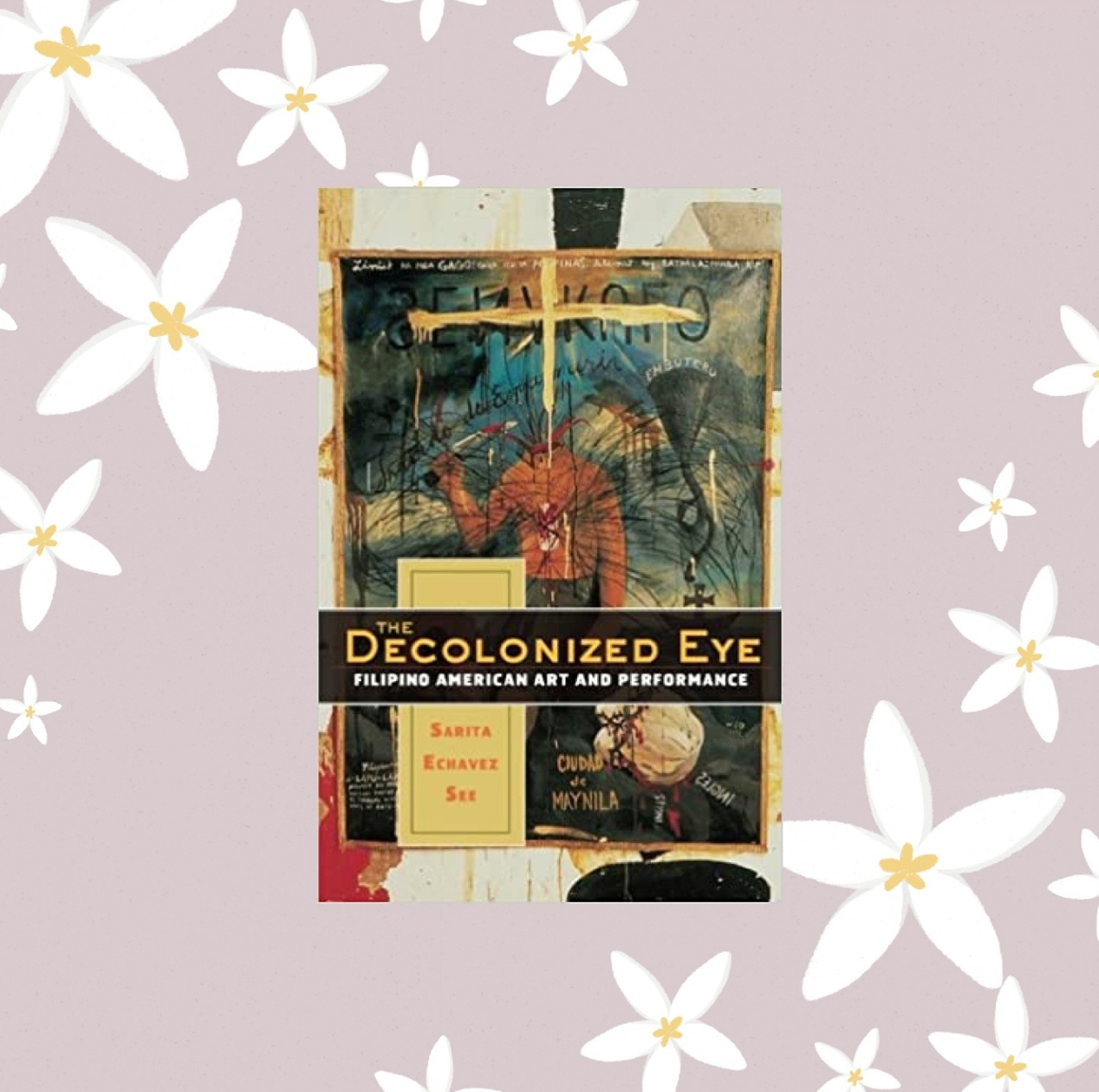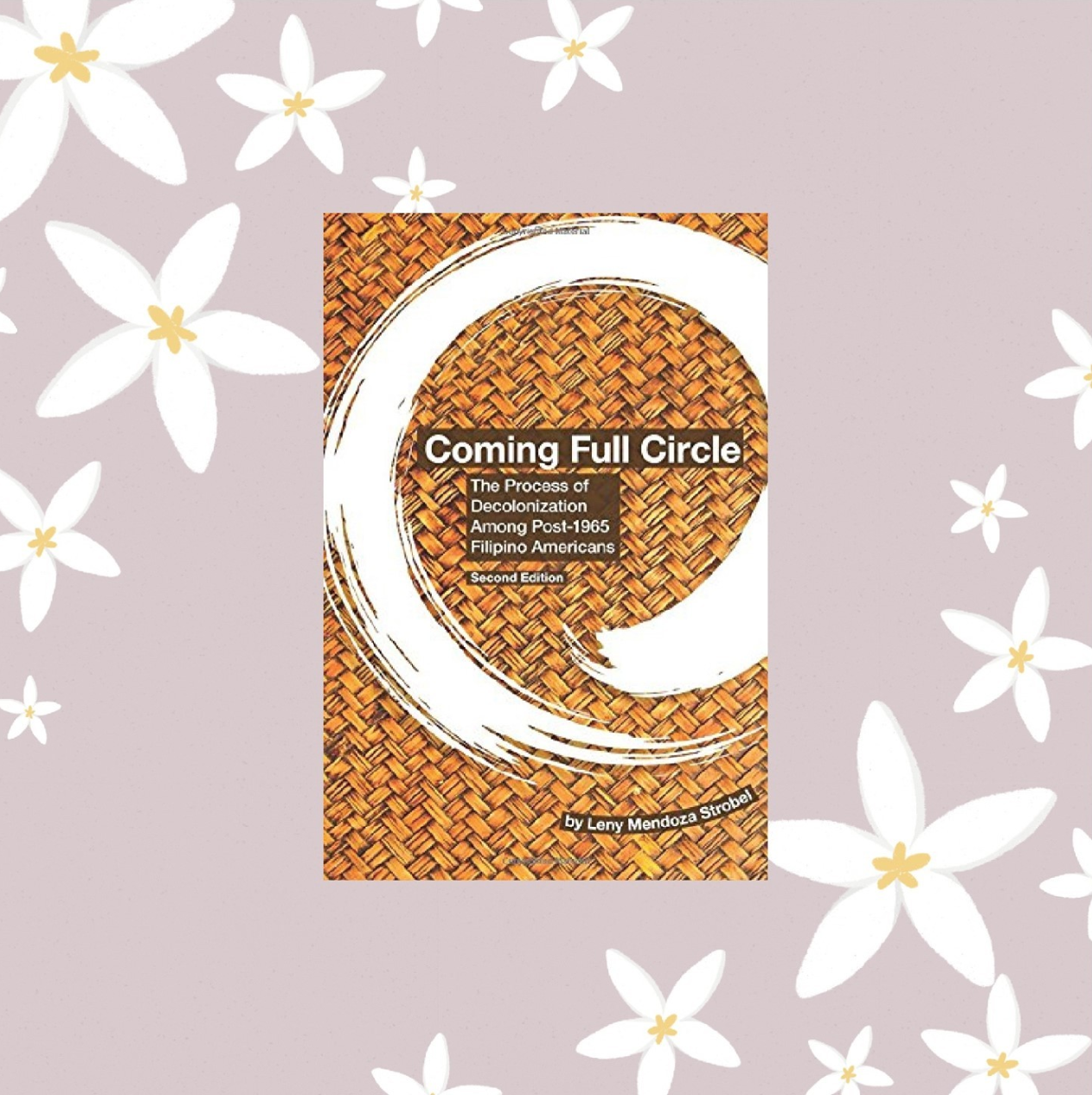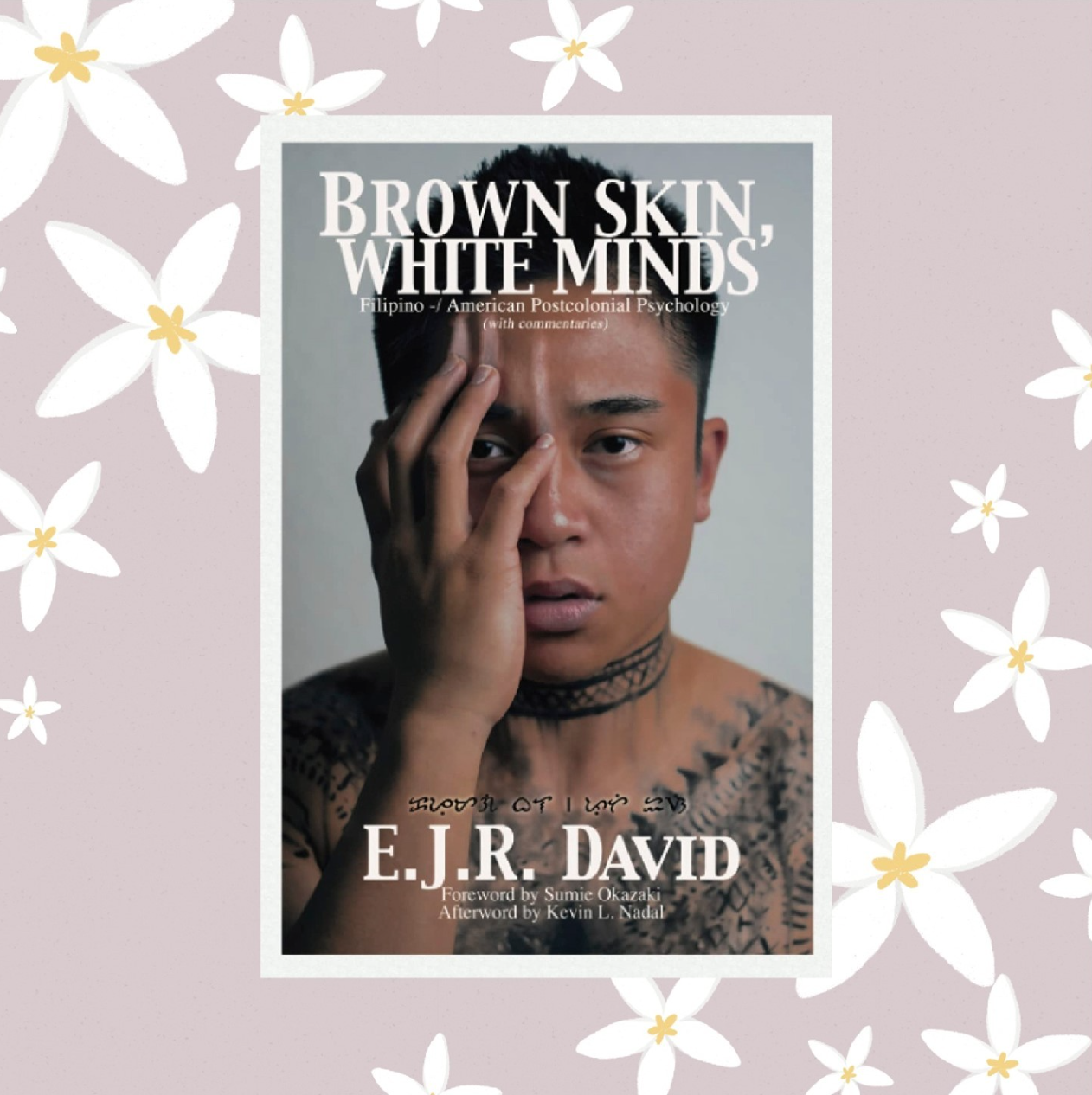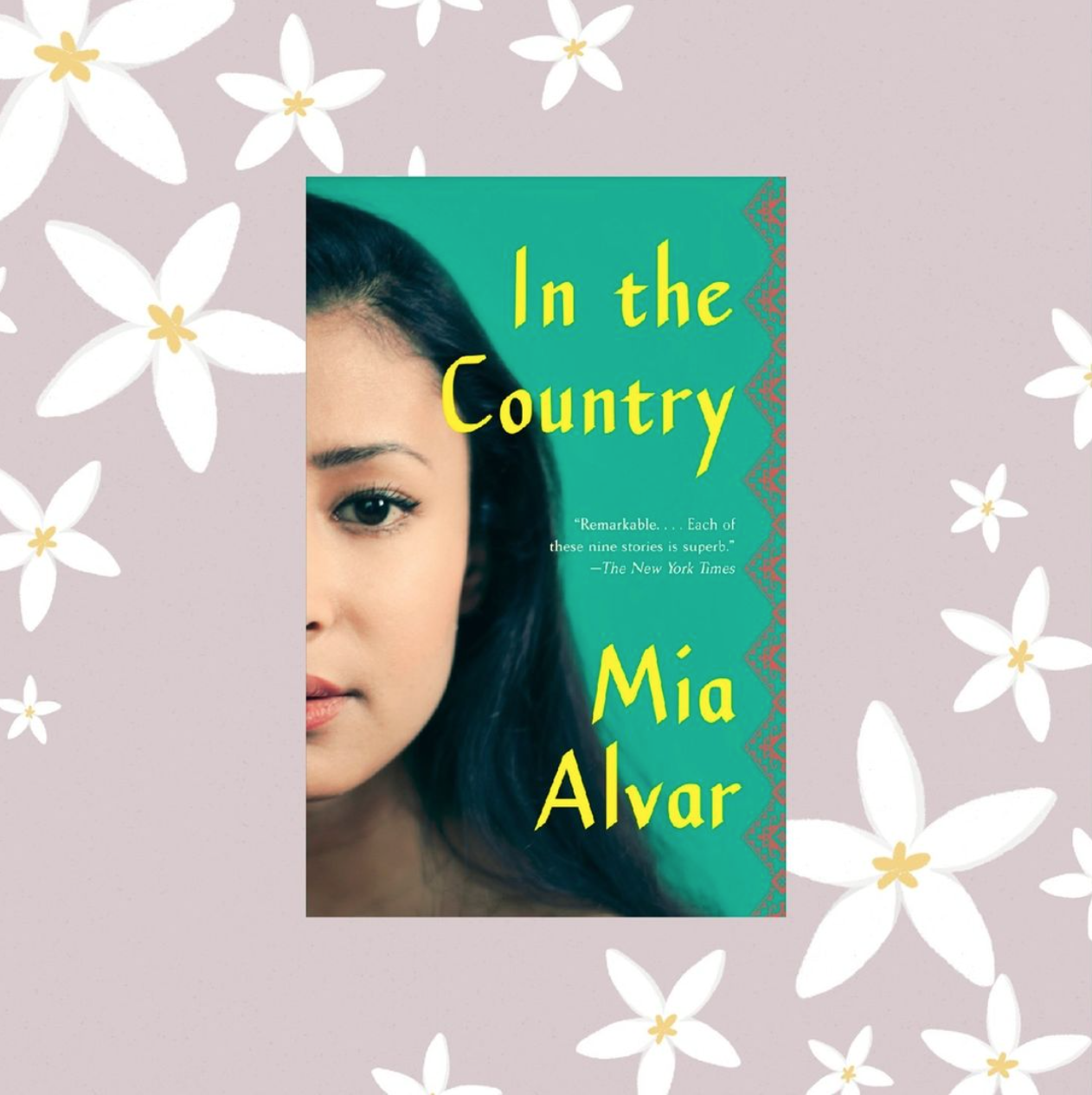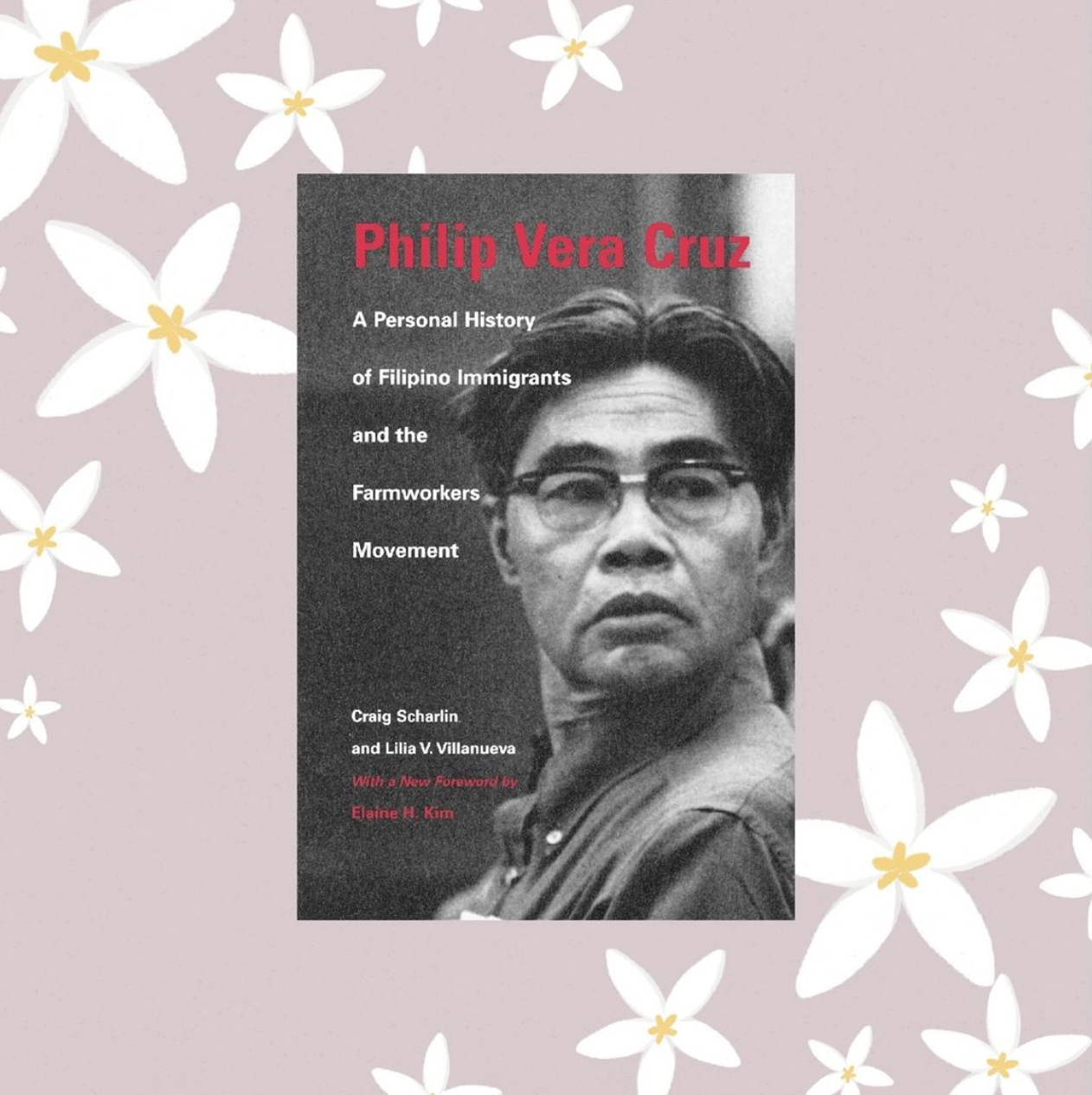The struggle to save the International Hotel and prevent the eviction of its elderly residents became a focal point in the creation of the contemporary Asian American movement, especially among Filipinos.
Filipino American Psychology
Filipino American Psychology is a comprehensive book covering Filipino American mental health issues, it also describes mental health techniques and strategies for working with this population.
Filipinos: Forgotten Asian Americans
Filipinos: Forgotten Asian Americans is a pictorial- essay which gives the reader a sweeping vista of the presence and life of Filipinos in America from 1763 to 1963 through collection of 250 photographs, documents and 22 essays.
American Tropics
In American Tropics, Allan Punzalan Isaac explores American fantasies about the Philippines and other “unincorporated” parts of the U.S. nation that obscure the contradictions of a democratic country possessing colonies.
The Decolonized Eye
Sarita Echavez See shows how these artists have engaged with the complex aftermath of U.S. colonialism in the Philippines. By analyzing art, performance, and visual culture, this book illuminates the unexpected consequences of America’s amnesia over its imperial history.
Growing up Brown
Peter Jamero's story of hardship and success illuminates the experience of what he calls the "bridge generation" ― the American-born children of the Filipinos recruited as farm workers in the 1920s and 30s.
Coming Full Circle
Coming Full Circle is about the healing of the Filipino colonized psyche through the recovery and re-imagination of Filipino identity and culture. It is about the emergence from the 'culture of silence' to critical consciousness.
Brown Skin White Minds
Filipino Americans have a long, rich history with and within the US. They are currently the second largest Asian group in the country. However, very little is known about how their historical and contemporary relationship with America may shape their psychological experiences. The most insidious psychological consequence of their historical and contemporary experiences is colonial mentality or internalized oppression. Some common manifestations of this phenomenon are described below: ¢ Skin-whitening products are used often by Filipinos in the Philippines to make their skins lighter. Skin whitening clinics and businesses are popular in the Philippines as well. The "beautiful" people such as actors and other celebrities endorse these skin-whitening procedures. Children are told to stay away from the sun so they do not get "too dark." Many Filipinos also regard anything "imported" to be more special than anything "local" or made in the Philippines. ¢ In the United States, many Filipino Americans make fun of "fresh-off-the-boats" (FOBs) or those who speak English with Filipino accents. Many Filipino Americans try to dilute their "Filipino-ness" by saying that they are mixed with some other races. Also, many Filipino Americans regard Filipinos in the Philippines, and pretty much everything about the Philippines, to be of "lower class" and those of the "third world."
The American Colonial State in the Philippines
In 1898 the United States declared sovereignty over the Philippines, an archipelago of seven thousand islands inhabited by seven million people of various ethnicities. The American Colonial State in the Philippines is the first systematic attempt to examine the creation and administration of the American colonial state from comparative, global perspectives.
How to Hide An Empire
How much do (Filipino) Americans know about America’s (former) colonies and territories? This primer on a chapter of American history sheds light on an era most don’t know about.
The Practicing Misis
The Practicing Misis: Sweet chicken tinola hugs your heart and says Miss na kita!
Monstress
A luminous collection of heartbreaking, vivid, startling, and gloriously unique stories set amongst the Filipino-American communities of California and the Philippines, Monstress heralds the arrival of a breathtaking new talent on the literary scene: Lysley Tenorio.
In the Country
In these nine globe-trotting tales, Mia Alvar gives voice to the women and men of the Philippines and its diaspora. From teachers to housemaids, from mothers to sons, Alvar's stories explore the universal experiences of loss, displacement, and the longing to connect.
Little Manila is in the Heart
Filipino activist Dawn Bohulano Mabalon takes the reader to Stockton’s Manila enclave: its birth, death and preservation.
A Village in the Fields
Fausto Empleo is a California farmworker who joined the Delano grape strikes. This novel speaks of life in America for the manong generation–the legions of single Filipino men who came to work and to live their own American dream.
Philip Vera Cruz
Filipino farm workers sat down in the grape fields of Delano, California, in 1965 and began the strike that brought about a dramatic turn in the long history of farm labor struggles in California.
Kasama
“A dark force has been increasingly manifesting itself after centuries of deep rooting within the prosperous soils of the archipelago known as the Philippines. Kia and Allison are unlikely allies who arrive at the bustling city of Orkidias unaware that they will soon face one of the most notorious creatures to have ever oppressed the islands. Kasama draws upon the author’s experiences as a tourist in his homeland, as a community volunteer in the diaspora, and as a student relearning his heritage.”
When Elephants Dance
WHEN THE ELEPHANTS DANCE is a riveting epic about a family and their neighbors who band together to survive the brutal Japanese occupation of the Philippines during World War II, as the Americans fight to gain control of the war-ravaged island.
rappin' with ten thousand carabaos in the dark
Alfred A. Robles was a Fil-Am poet and Bay Area community activist. Read his poetry in his two books, Ifugao Mountain: Paghahahna sa bundok ng Ifugao and Rappin’ with Ten Thousand Carabaos in the Dark. Also check out the film Manilatown is in the heart: time travel with Al Robles.
Savor the Word
A compilation of winning entries (including runners-up) of the archipelago-wide Doreen Gamboa Fernandez Food Writing Award. This also honors the late writer and teacher Doreen G. Fernandez whose dedication to Philippine culinary culture inspired the competition.




